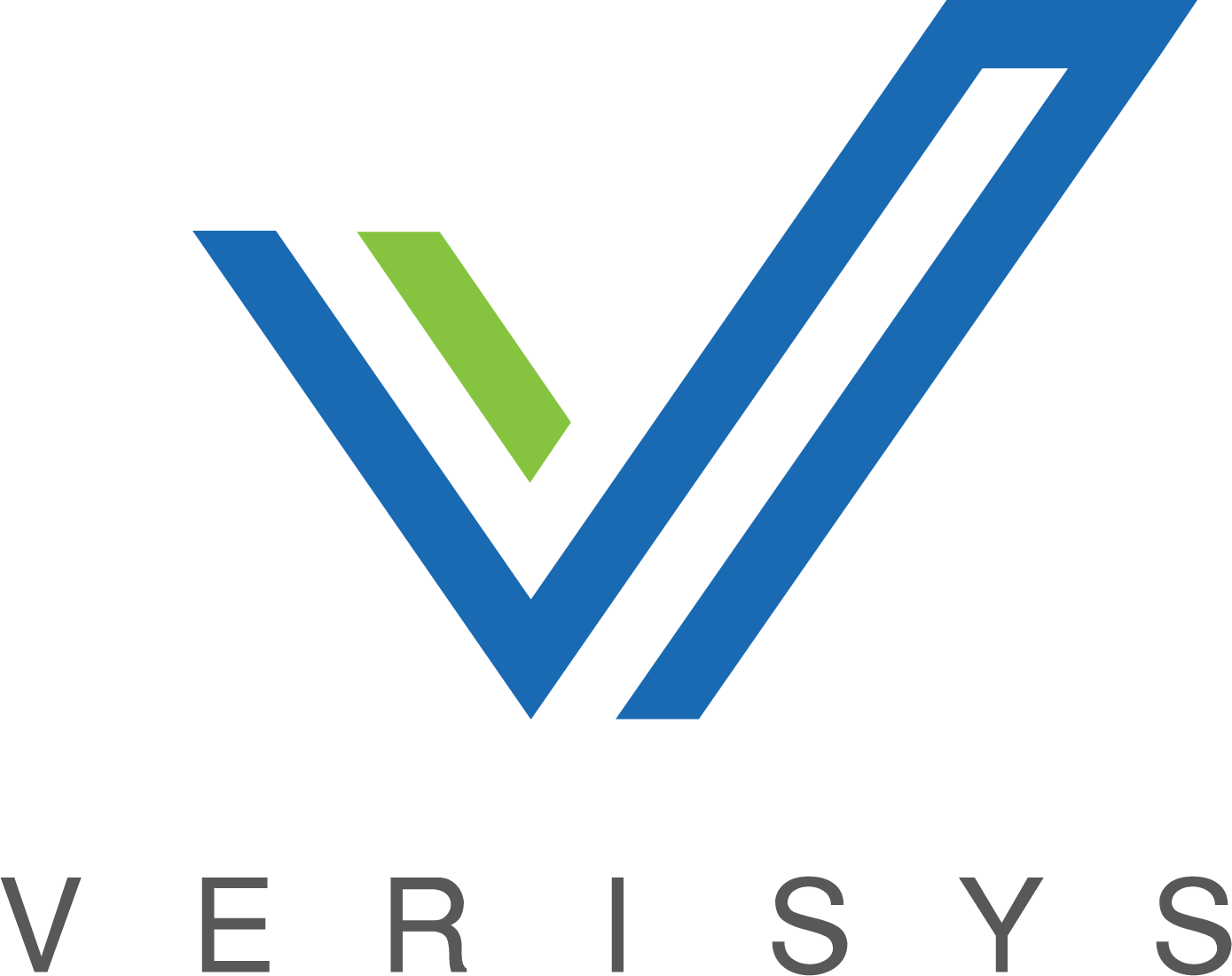– The best resource for monthly healthcare regulatory compliance updates. Compliance Updates: April 2024 Overlook: Licensure Compacts Other Legislation Board Updates Interstate Medical...


An important part of doing business with the federal government is understanding that all health care organizations, as well as any provider or entity that receives payments from the federal government, must comply with rigorous screenings and credentialing to ensure that any claims submitted for payment do not get processed for entities or individuals who appear on exclusion or sanctions lists.
The two major exclusion lists are compiled and maintained by the Government Services Administration (GSA) and the Office of the Inspector General (OIG) for Health and Human Services (HHS). The System for Award Management (SAM) is under the GSA and the List of Excluded Individuals and Entities (LEIE) falls under the OIG. While these lists are similar and it is possible that a name might appear on both lists, all providers, vendors, and contractors should be screened against both.
So, what does it mean to be sanctioned by Medicaid? And how often should these searches be completed? Here’s what you need to know about the basics of Medicaid sanction searches to stay up to date with federal regulations.
What Are the Sources for Medicaid Sanctions Searches?
A Medicaid sanction search is not its own database or separate search. Rather, it is a compilation of searches of federal and state databases for exclusions, also known as sanctions. These searches make up a total picture of provider exclusion from state and federal payments that would cover Medicaid sanctions.
A Medicaid sanction search should include a search of the SAM and LEIE databases. These screenings should take place when a provider is hired or a vendor or contractor is brought on board, as well as monthly screenings to regularly check for updates to these lists.
In addition to these federal databases, some states have their own Medicaid sanctions databases. It’s important to not only screen providers and contractors against exclusion lists in the state in which your organization practices, but to also screen against the national Medicaid exclusion lists and sanctions databases.
How Long Does It Take for Medicaid Sanctions Search Results?
Medicaid sanction searches can be completed within a day of request. Of course, performing these searches manually for each provider takes significant time and effort, especially given that they should take place at least monthly to mitigate risks to your organization.
This is why Verisys offers Medicaid sanction searches against FACIS® which includes these federal and state exclusion databases. FACIS is the gold standard in health care data and the number one trusted data platform and a nationally used database for screening and continuous monitoring of health care providers. FACIS is the most comprehensive data set for screening and monitoring health care providers to ensure compliance and protect against financial and reputational risk.
While state and federal exclusion databases are an important source of information, they can be incomplete. Verisys’ online platform allows health care organizations the ability to search across thousands of databases maintained by state and federal governments, professional organizations, medical boards, and other primary sources and matches the information with other data sets to ensure identity matches with 99.9% accuracy.
Navigating the waters of federal sanctions searches can be overwhelming — especially with the frequency of updates necessitating the need for ongoing monitoring of your provider population. Ensuring compliance with Verisys is something you can count on to protect your organization.
Learn more about how Verisys can assist your HCOs in meeting all government and regulatory standards.
 |
Written by Verisys Verisys transforms provider data, workforce data, and relationship management. Healthcare, life science, and background screening organizations rely on our comprehensive solutions to discover their true potential. Visit verisys.com to learn how we turn problems into power.
|